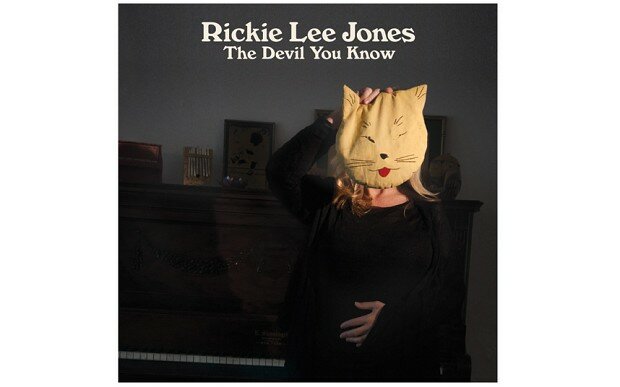Since her brilliant self-titled debut in 1979, Rickie Lee Jones has made a career out of confounding expectations. Compared with the career moves of many of her contemporaries, the eclectic character of Jones’s wide-reaching catalog has only come to look more artful and masterful over time, the music of each release capturing the flavor of the moment of its release, without sounding dated.
As she told the New Yorker, eclectic can turn on you:
There was a moment when I was doing jazz, with “Something Cool,” from “Girl At Her Volcano.” But I didn’t follow up on it right away. I went back and recorded originals, other albums. Then Linda Ronstadt released those records arranged by Nelson Riddle. So, when I decided to return to it, I was talking it over with Don Was, who was my producer, and I wanted to do a guitar-based record. He suggested the bandoneón, which is how that record, “Pop Pop,” ended up with this Left Bank, café sound. I thought if I did a piano record it would bury me. It almost buried me anyway. The L.A. Times did a review with two journalists on the same page, a pop writer and a jazz writer, and the jazz writer tore me apart. What was happening? Was I being punished?
Jones has never become a household name, but her influence and legacy can be heard today in any number of artists, from Sharon Van Etten to Cat Power to Beth Orton. Her best work has always come from performing her own songs, but she has proven herself a gifted and original interpreter of others music as well.
Her latest release, The Devil You Know, features the singer’s take on well-known songs by Neil Young, The Band, and The Rolling Stones. (NPR lets you listen to “Sympathy for the Devil.”) The arrangements are sparse and intimate, sometimes just voice and guitar or piano, allowing the full weight and texture of her voice to shine through. Along with these, hopefully we’ll also be treated to selections from her entire catalog when she visits Jazz Alley, January 18 to 20.
